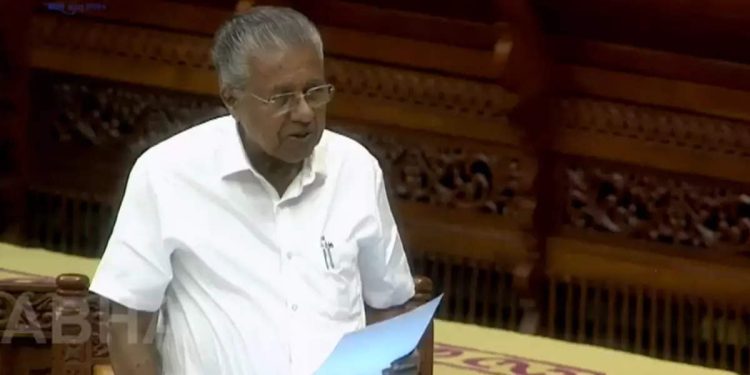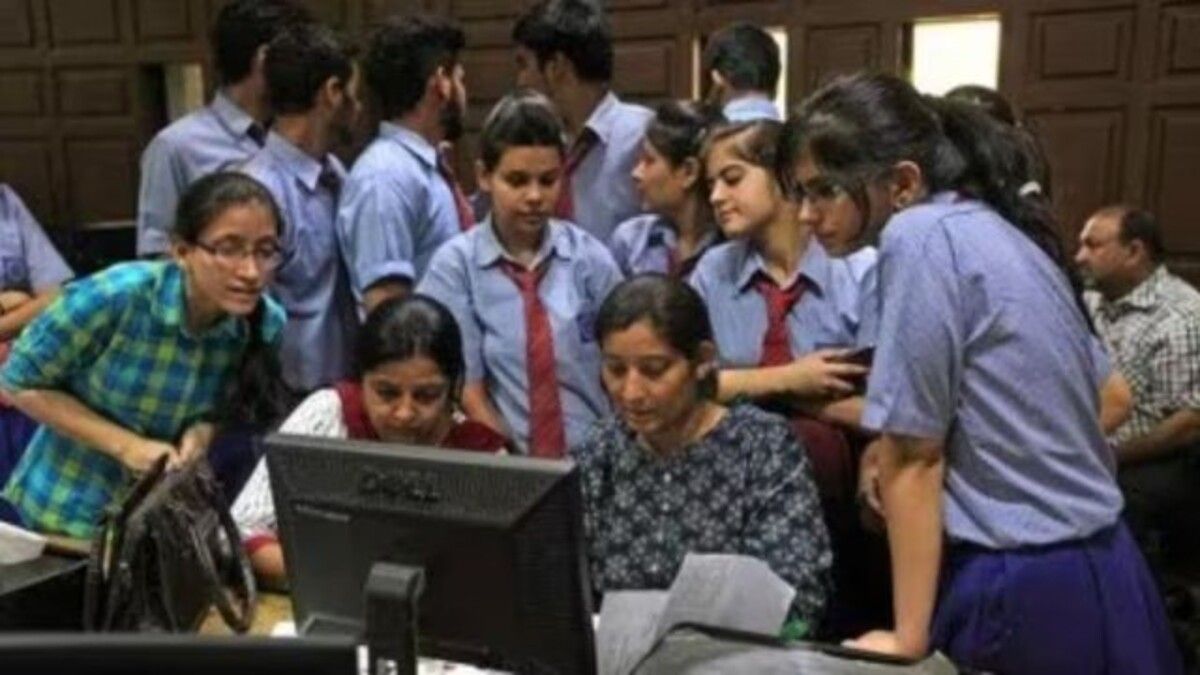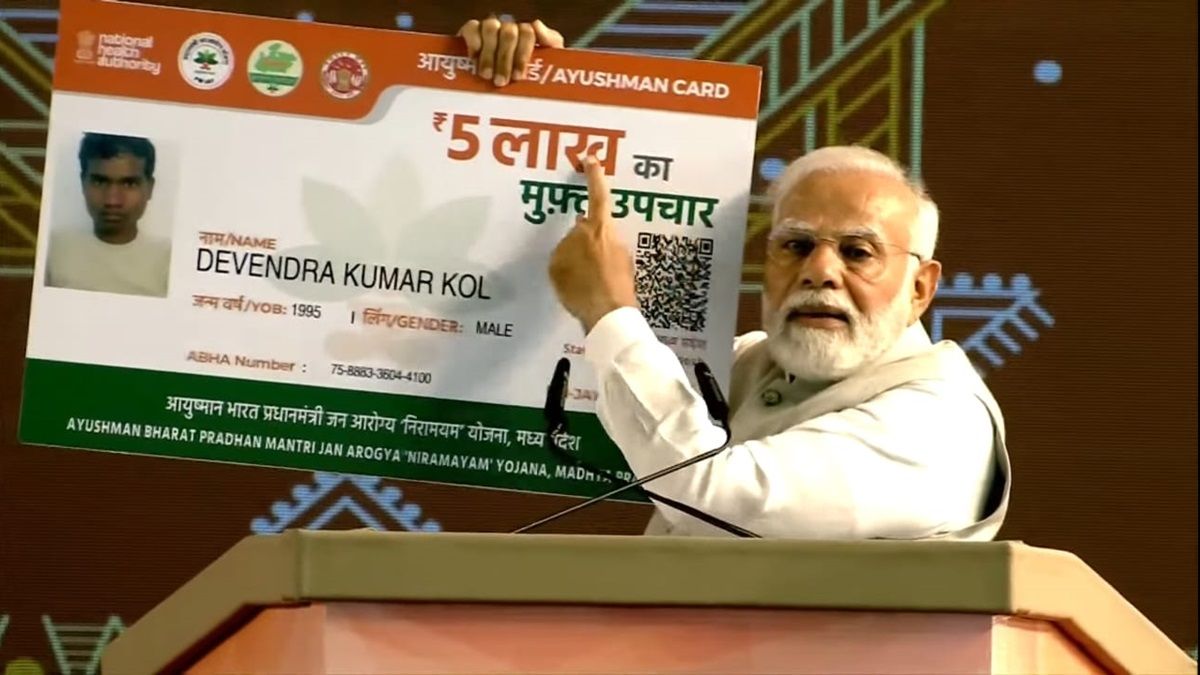In the resolution, the Chief Minister said that the Kerala Legislative Assembly is expressing concern and displeasure over the central government’s move to implement the Civil Code and that this is a move that destroys the character of secularism.
Read the full text of the resolution presented by Chief Minister Pinarayi Vijayan in the Assembly:
‘Kerala Legislature expresses its concern and dismay at the central government’s move to impose a uniform civil code. This House is of the opinion that such a unilateral and hasty Central move would nullify the secular character of the Constitution.
The Constitution refers to general civil law only in its prescriptive principles. It is noteworthy that this is limited to prescriptive principles. Prescriptive principles are not mandatory in nature. Courts can order compulsory enforcement of fundamental rights. However, the directive principles of Article 44 of the Constitution cannot be enforced even by the court. It should be understood how much the architects of the constitution thought and why they did it.
India is a country that guarantees secularism through the preamble of the Constitution itself. The constitution guarantees the freedom of a citizen to believe in any religion and to live according to it as a part of the fundamental rights. While the freedom of religion guaranteed by Article 25 of the Constitution includes the right to follow religious personal rules and practice them in life, any legislation prohibiting that practice would be a denial and violation of the constitutional right to freedom of religion. While it is a fundamental individual freedom to live according to one’s religious beliefs, it can be denied.
Article 44 of the Constitution only states that the State shall endeavor to establish a common civil code. Its implication is that it can only be achieved through consensus and dialogue with different religious groups. The fact that the central government has come forward with this kind of unilateral move without holding such an ideological debate or creating a consensus is causing concern among various sections of the people. The Kerala Assembly also shares that concern. It is considered that this is a communal move to break the unity of the people and such impositions are harmful to the unity of the nation.
In the Constituent Assembly itself, there were differences of opinion regarding the Uniform Civil Code. On that occasion Dr. BR Ambedkar’s stand in this matter is noteworthy. Ambedkar’s position was to consider the complex social realities of India and strengthen the integration of different religious groups. It was an acknowledgment of unity in diversity.
Ambedkar, who said that the Parliament could try for a general civil law retaining the right to choose personal laws among the citizens, did not insist that it should be compulsory. All he did was suggest a possibility. A reflection of that is that general civil law reference is limited to prescriptive principles.
This House unanimously demands that the Central Government should refrain from hasty moves until a common approach is reached through discussions with various religious groups on issues affecting the entire people of the country.’











